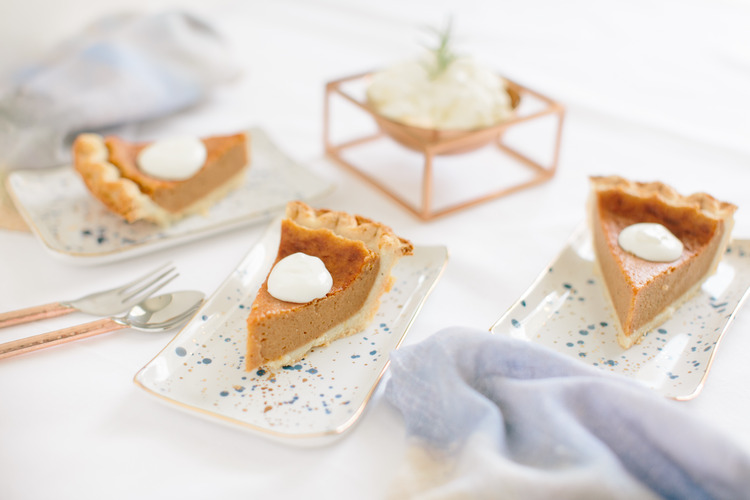Pumpkins are not just good for making jack-o-lanterns and pumpkin pie! Pumpkins and other winter squash are some of the greatest superfoods on earth and are full of fiber, vitamins, and minerals.
Pumpkin is a type of winter squash that is in the same plant family as cucumbers and melons and is technically a fruit since it contains seeds. The size and shape of pumpkins varies from tiny Jack-o-lantern pumpkins to Sugar pumpkins (which are great for pies) to ginormous pumpkins like “Dill’s Atlantic Giant” and ‘Big Max”.
Pumpkins are grown on every single continent in the world except Antarctica and here is something you may not have known …. Pumpkin flesh, seeds AND their leaves are all edible, which is why they definitely make the cut in the
Simply28 >> “What to Eat Shopping Guide”. <<Click the link for your FREE guide.
Pumpkins are high in fiber which feeds our gut flora. All of those “good guy” gut bacteria flourish when they have plenty of fiber from vegetables and fruits to grow and create a resilient and healthy gut microbiome. Pumpkins and other winter squash including acorn, butternut, spaghetti, delicata and kabocha are all excellent sources of food for gut bacteria. Feeding these “good guys”, boosts our immune system, improves brain health and mood disorders, and helps heal gut lining so that we are better able to absorb nutrients from our food.
Pumpkins and other winter squash are low in calories and carbohydrates but are extremely high in vitamins and minerals. Butternut squash contains 52% of recommended vitamin C, 13% of vitamin B6 and more than 100% of beta-carotene which our bodies convert into Vitamin A.
Vitamin A is an important nutrient to strengthen our immune system, reproductive system and our vision. It is also necessary for human growth and development and it helps our heart, lungs and other organs work properly.
Minerals like potassium and magnesium which promote heart health are also found in pumpkin. Pumpkin seeds contain omega 3 fats and zinc which helps prevent inflammation and boosts our immune system.
Just one cup of pumpkin provides:
- Calories: 137
- Protein: 3 grams
- Fat: 7 grams
- Carbohydrates: 19 grams
- Fiber: 7 grams
- Vitamin A: 209% DV or recommended daily value
- Vitamin K: 37% DV
- Copper: 28% DV
- Vitamin E: 22% DV
- Iron: 18% DV
- Magnesium: 13% DV
- Riboflavin: 10% DV
- Vitamin B6: 10% DV
- Vitamin C: 10% DV
- Potassium: 10% DV
Pumpkins and pumpkin seeds have a variety of health benefits. They are high in fiber, heart healthy, boost our immune system and promote a healthy gut microbiome making them one of the best superfoods available to support overall health and wellness.
Below are links to a few of my gluten free and paleo pumpkin recipes for a little inspiration on how to include pumpkin in your diet.




